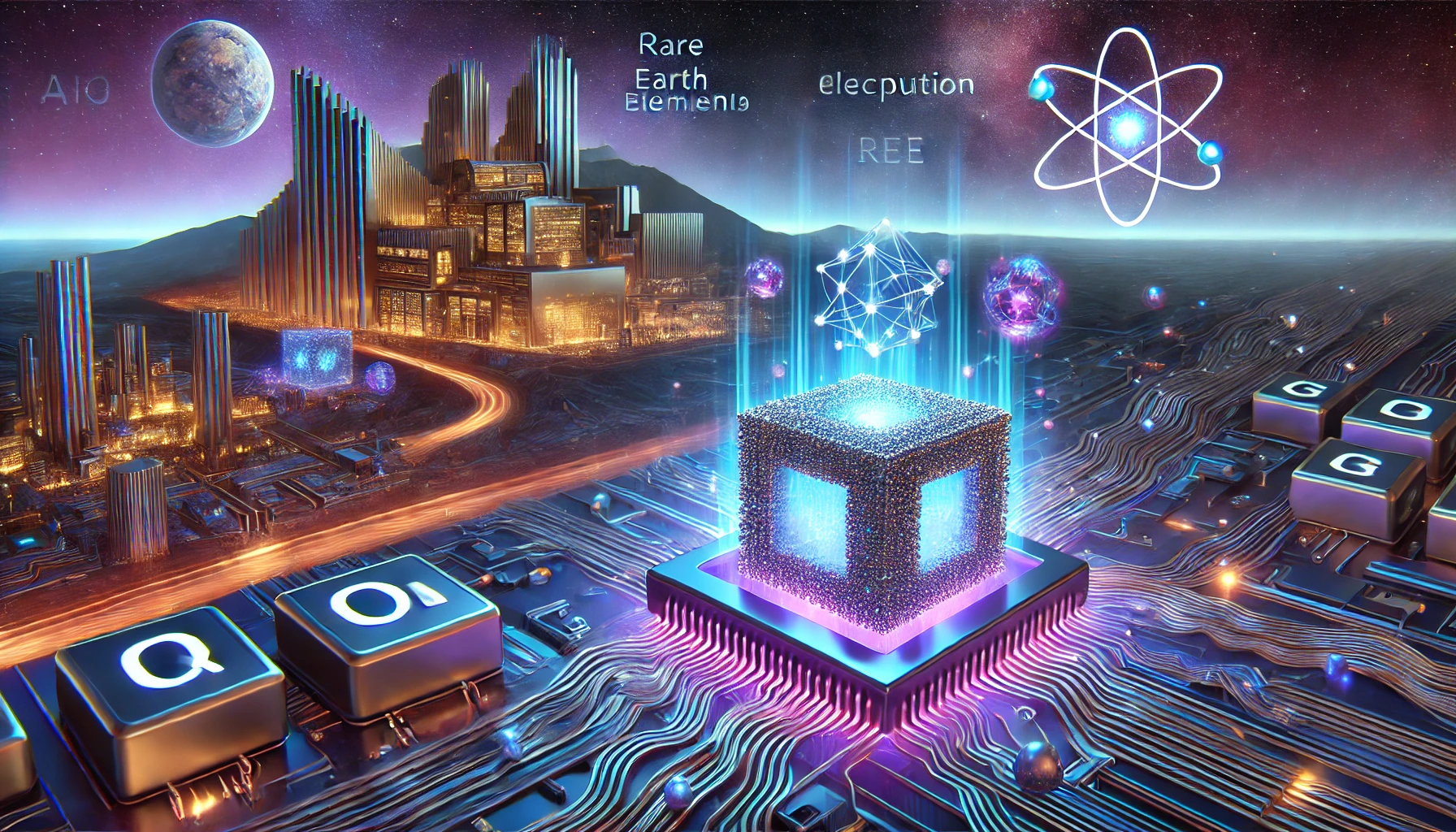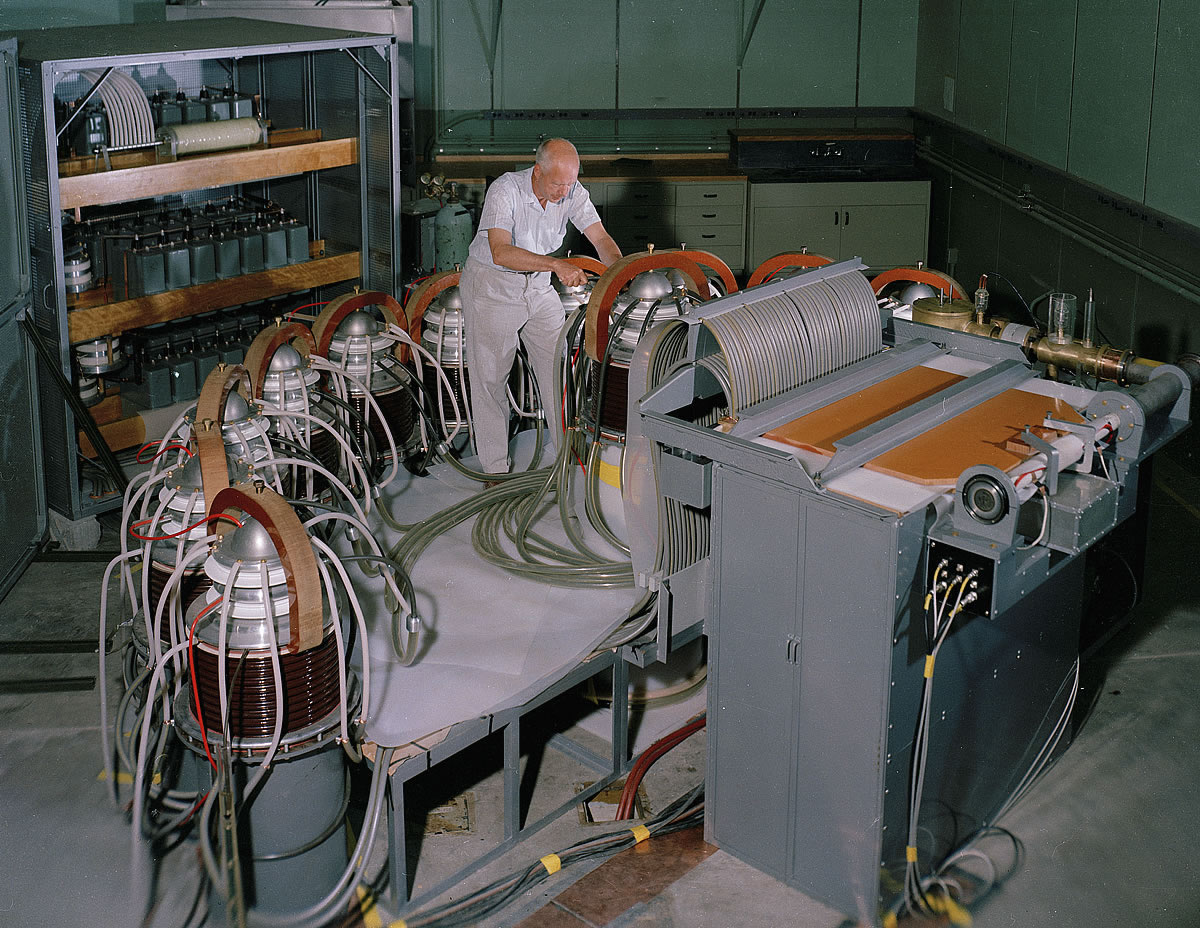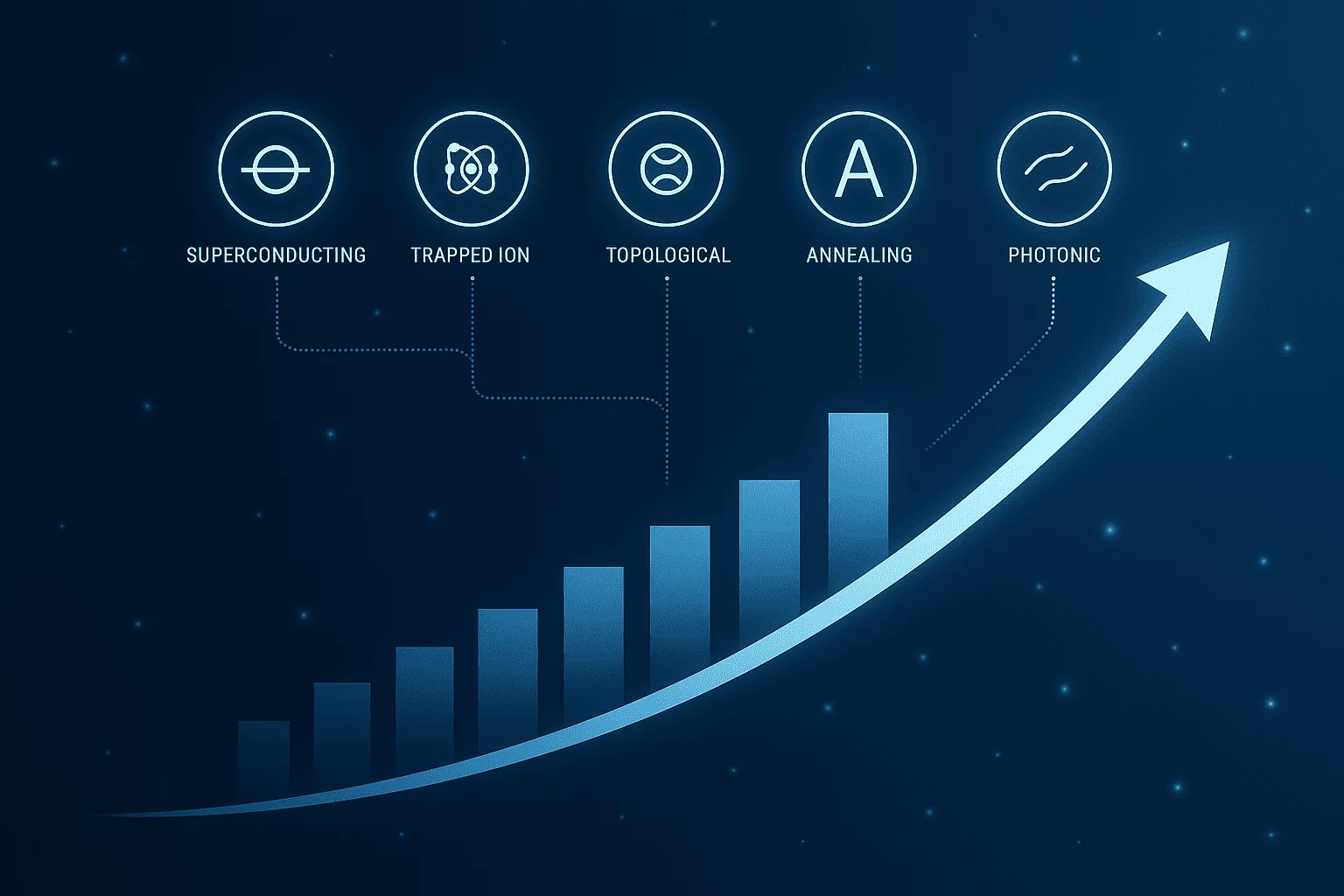Quantum technology is on the verge of transforming computing, cryptography, and communication as we know it. At the heart of this revolution lies a group of rare earth elements (REEs) that are enabling the next leap in quantum mechanics. This article explores why ytterbium and erbium are the backbone of quantum breakthroughs and how the rare earth (REEs) industry is adapting to this high-tech transformation.
Elements like ytterbium, erbium, and neodymium have unique magnetic, optical, and superconducting properties. They also make them indispensable for quantum computing, secure communication, and ultra-precise atomic clocks. With the global quantum computing market projected to grow from $1160.1 million in 2024 to $12620.7 million by 2032, at a CAGR of 34.8% by 2028, the demand for these critical REEs is set to soar.
Countries and tech companies are racing to secure their supply of these strategic elements, as quantum advancements are reshaping industries and redefining global competition in computing and security.
Why (REEs) like Ytterbium and Erbium Are Crucial in Quantum Advancements
Ytterbium: The Key to Quantum Computing and Precision Timing
Ytterbium (Yb) is a rare earth element with remarkable optical and magnetic properties, making it one of the most valuable materials for quantum computing and atomic clocks.
| Application | Role of Ytterbium |
|---|---|
| Quantum Computing | Used in ion-trap quantum processors to perform ultra-fast calculations |
| Optical Lattice Clocks | Enables the most precise timekeeping devices, with accuracy deviations of one second per 30 billion years |
| Secure Quantum Communication | Enhances quantum encryption systems for unhackable data security |
Quantum computers using ytterbium ions have achieved some of the highest fidelity quantum gates ever recorded. They are bringing us closer to the era of practical quantum computing.
Erbium: The Future of Quantum Networks and Data Transmission
Erbium (Er) plays a critical role in quantum communication due to its ability to operate at telecom-friendly wavelengths. This makes it perfectly suited for integrating quantum systems into existing fiber optic infrastructure.
| Application | Role of Erbium |
|---|---|
| Quantum Networks | Used in fiber optic repeaters for secure quantum communication |
| High-Performance Lasers | Enables lasers for ultra-sensitive quantum sensors and imaging |
| Quantum Memory Storage | Helps in storing quantum information in solid-state systems |
With governments and corporations investing billions in quantum internet development, the demand for erbium-based materials is expected to increase by over 150% by 2030.
How the Race for Quantum Supremacy Is Reshaping the Rare Earth (REEs) Industry
Growing Demand for Quantum-Grade REEs
As the push for quantum computing accelerates, rare earth sourcing is shifting from traditional applications (e.g., EV motors, wind turbines) to ultra-high-tech industries.
| Industry | Projected REE Demand Growth (2025-2035) |
|---|---|
| Quantum Computing | +300% |
| Secure Quantum Networks | +250% |
| AI-Quantum Hybrid Systems | +280% |
Supply Chain Risks & National Security Concerns
- China currently processes over 90% of rare earths, including ytterbium and erbium, raising security concerns for countries investing in quantum tech.
- The U.S., EU, and Japan are ramping up domestic mining and refining projects to ensure long-term access to these strategic elements.
- The development of REE recycling and alternative materials is accelerating to reduce reliance on primary mining sources.
Investment in Rare Earth Extraction for Quantum Tech
Countries and corporations are recognizing the importance of securing REEs for the quantum revolution.
| Region | Major Quantum REE Investment (2023-2028) |
|---|---|
| United States | $1.2 billion allocated for quantum-specific REE research and mining expansion |
| European Union | $850 million investment in quantum-focused REE supply chain diversification |
| China | $3 billion in state-backed quantum and rare earth integration projects |
Conclusion: Insights from Mattias Knutsson
Rare earth elements are no longer just industrial materials—they are the foundation of the next computing revolution. The rise of quantum technology has reshaped the strategic importance of REEs. They are also turning them into some of the most valuable elements on Earth.
According to Mattias Knutsson, a global procurement and business development expert, “The intersection of rare earths and quantum computing marks one of the most exciting technological frontiers. Nations that secure their access to quantum-grade REEs will dominate the next era of computing and secure communication. Investing in sustainable sourcing and refining of ytterbium and erbium is now a matter of global competitiveness and national security.”
With investments surging, demand growing, and supply chain vulnerabilities exposed, rare earth elements will continue to play a defining role in the global tech race.
What’s Next?
In the next part of our series, we dive into:
AI Meets Quantum: How Rare Earths Power the Next Computing Revolution
Find out:
- How the intersection of artificial intelligence and quantum computing is shaping the future.
- The role of REEs in high-performance AI chips and quantum neural networks.
- Why countries and tech giants are racing to develop AI-quantum hybrid systems.
👉 Continue reading to the next part!
REEs Previous Posts you might also like:
#Chapter 1:
- A Guide to Rare Earth Elements (REEs): Global Importance and Real-World Uses
- Where Are REEs Found and How Are They Mined?
- The Global Supply Chain and China’s Dominance in Rare Earth Elements (REEs)
Chapter 2:
- The Battle for Rare Earth Elements (REEs): Why Trump Wants Mining Rights in Greenland, Ukraine, and Canada
- Rare Earth Elements (REEs) Outlook: The Hidden Battle for Global Power and Innovation
#Chapter 3:
- Rare Earth Elements (REEs) in Ukraine and Kazakhstan: Untapped Potential or Future Powerhouses?
- The Global Quest for Rare Earth Elements (REEs) Deposits: Unexplored Frontiers and Emerging Hotspots
Chapter 4:
- Rare Earth Recycling: The Key to a Sustainable REEs Supply?
- Rare Earth Elements (REEs) and Global Supply Chain Challenges
- The Role of Rare Earth Elements (REEs) in Modern Technology





